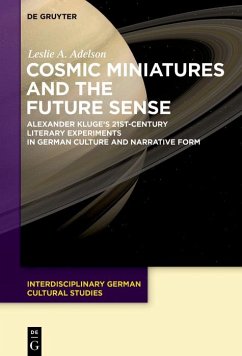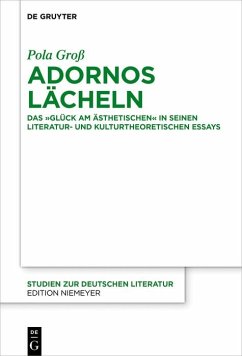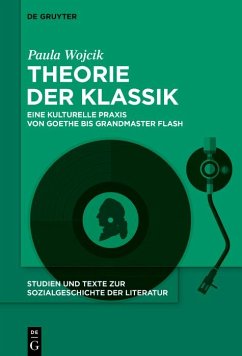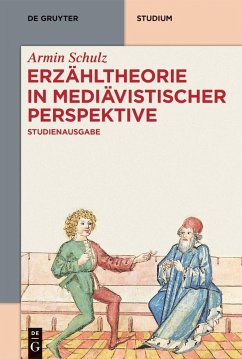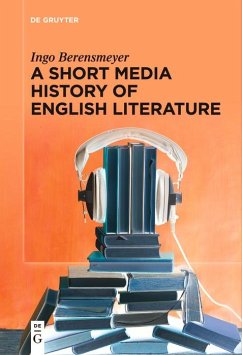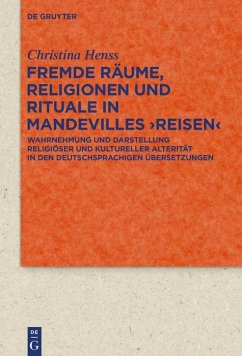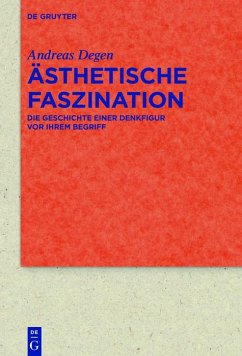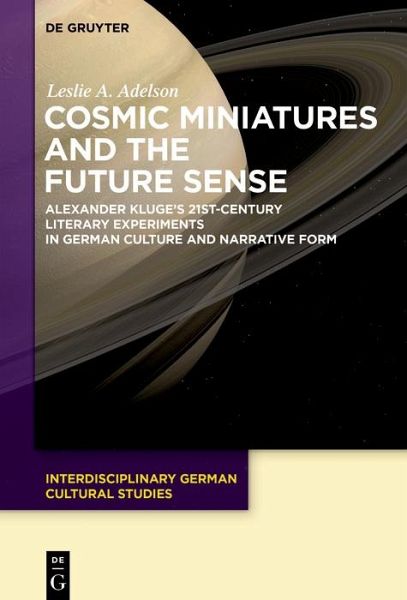
Cosmic Miniatures and the Future Sense (eBook, ePUB)
Alexander Kluge's 21st-Century Literary Experiments in German Culture and Narrative Form
Versandkostenfrei!
Sofort per Download lieferbar
59,95 €
inkl. MwSt.
Weitere Ausgaben:

PAYBACK Punkte
30 °P sammeln!
Alexander Kluge's revolutionary storytelling for the 21st-century pivots on the production of anti-realist hope under conditions of real catastrophe. Rather than relying on possibility alone, his experimental miniatures engender counterfactual horizons of futurity that are made incrementally accessible to lived experience through narrative form. Innovative close readings and theoretical reflection alike illuminate the dimensional quality of future time in Kluge's radical prose, where off-worldly orientation and unnatural narrative together yield new sensory perspectives on associative networks...
Alexander Kluge's revolutionary storytelling for the 21st-century pivots on the production of anti-realist hope under conditions of real catastrophe. Rather than relying on possibility alone, his experimental miniatures engender counterfactual horizons of futurity that are made incrementally accessible to lived experience through narrative form. Innovative close readings and theoretical reflection alike illuminate the dimensional quality of future time in Kluge's radical prose, where off-worldly orientation and unnatural narrative together yield new sensory perspectives on associative networks, futurity, scale, and perspective itself. This study also affords new perspectives on the importance of Kluge's creative writing for critical studies of German thought (including Kant, Marx, Benjamin, and especially Adorno), Holocaust memory, contemporary globalization, literary miniatures, and narrative studies of futurity as form. Cosmic Miniatures contributes an experiential but non-empirical sense of hope to future studies, a scholarly field of pressing public interest in endangered times.
Dieser Download kann aus rechtlichen Gründen nur mit Rechnungsadresse in A, B, BG, CY, CZ, D, DK, EW, E, FIN, F, GR, HR, H, IRL, I, LT, L, LR, M, NL, PL, P, R, S, SLO, SK ausgeliefert werden.




